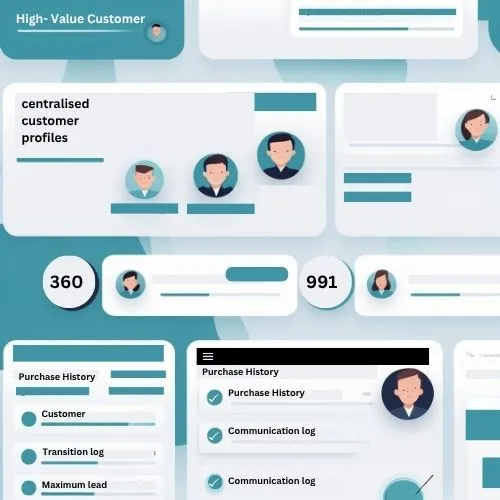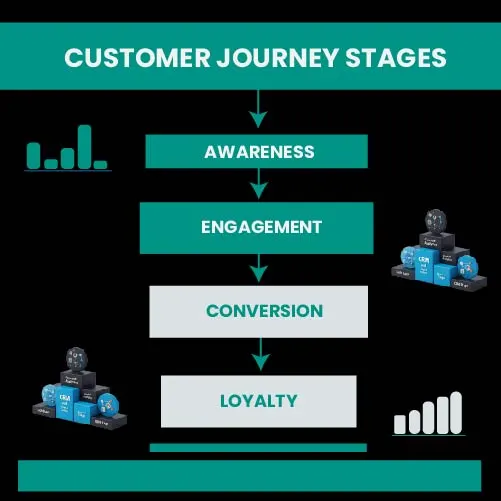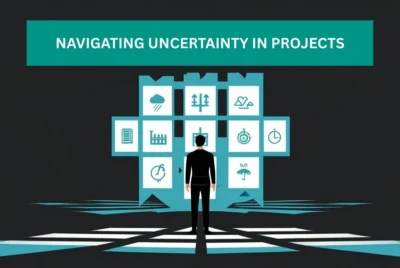Knowing your customers and serving them according to their needs and wants is the primary objective of every business. However, to truly understand customers—their preferences, values, attitudes, and behaviours—businesses require the right tools. One such tool is CRM within ERP. ERPs designed for customer satisfaction and analysis are modern-day solutions for effective customer relationship management. Businesses are not only managing their customers more efficiently through ERPs but also seeing strong returns on these investments.
The Power of Data Analytics in CRM
Data analytics in CRM is a powerful component of ERP. It can provide valuable insights to businesses and generate reports that support informed and timely decision-making. This feature gives companies an extra edge to retain, prioritise, and maintain customer relationships.
Centralised Data Management
CRM provides a complete and centralised view of customers. It registers, records, and displays all customer data on a single dashboard. This serves as the foundation for all CRM data analytics.
Once all data is in one place, companies gain a clearer view of their customers. They can then prioritise, categorise, and segment customers based on this data. This wealth of information also enables businesses to generate leads and convert prospects into paying customers.
The reports generated from this centralised customer data can be communicated to various stakeholders across the business. Each insight offers guidance on the improvements needed to enhance customer loyalty and retention.

Better Marketing and Communication
As CRM analytics highlight all possible customer touchpoints, this data can be used to enhance marketing and communication efforts. By targeting customers according to their needs, preferences, and attitudes, businesses can deliver more relevant updates and content.
This approach not only keeps customers informed but also creates a personalised experience, helping them feel seen and valued through tailored messages.
Moreover, analytics and reporting through CRM can optimise communication with customers. With data analysis, businesses already understand what customers are looking for and what their preferences are. From the very first interaction, companies can guide and direct customers to the relevant page or product with confidence.
Lead Generation and Process Analysis
Data analytics play a vital role in acquiring new customers and generating leads. Analytics offer businesses insights into potential consumers and highlight emerging trends in the marketplace.
Data analysis and reporting also support process evaluation—from lead generation to after-sales service. They help identify where customer interest declines and where visits fail to convert into sales. By improving the entire customer journey, businesses not only attract new clients but also foster stronger customer relationships.
In particular, CRM analytics provide valuable insights into improving after-sales service and product quality. Businesses can pinpoint which product features cause complaints, which departments can address them, and how effectively after-sales services are being delivered—determining whether or not they contribute to customer retention.

Conclusion
In short, data analytics in CRM helps companies manage customer relationships more effectively. CRM within ERPs generates reports and insights about customer needs, attitudes, preferences, and more. By leveraging these analytics, businesses can serve customers in a more personalised and proactive manner.




